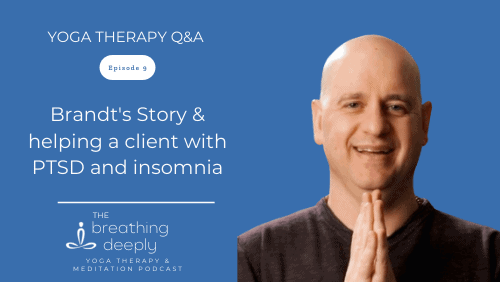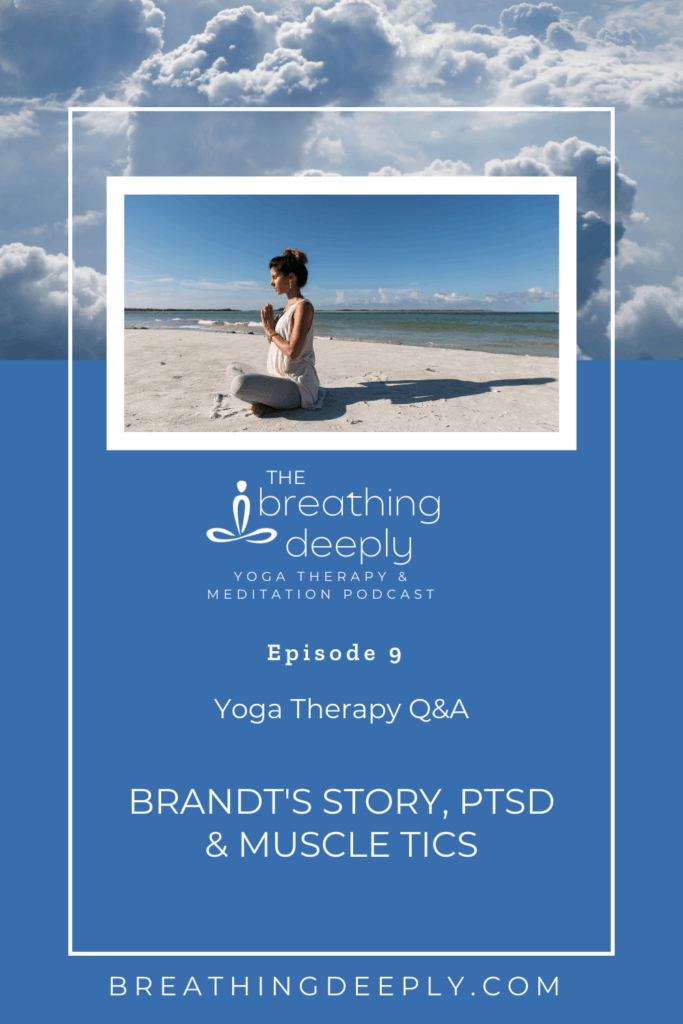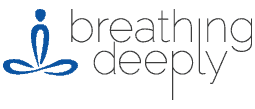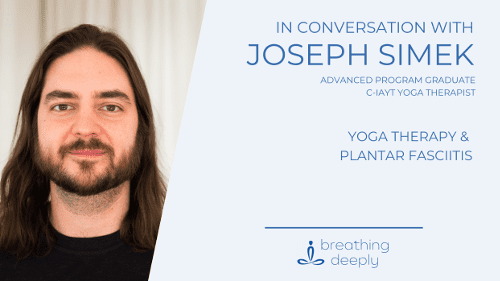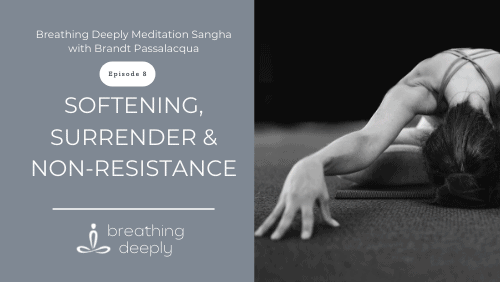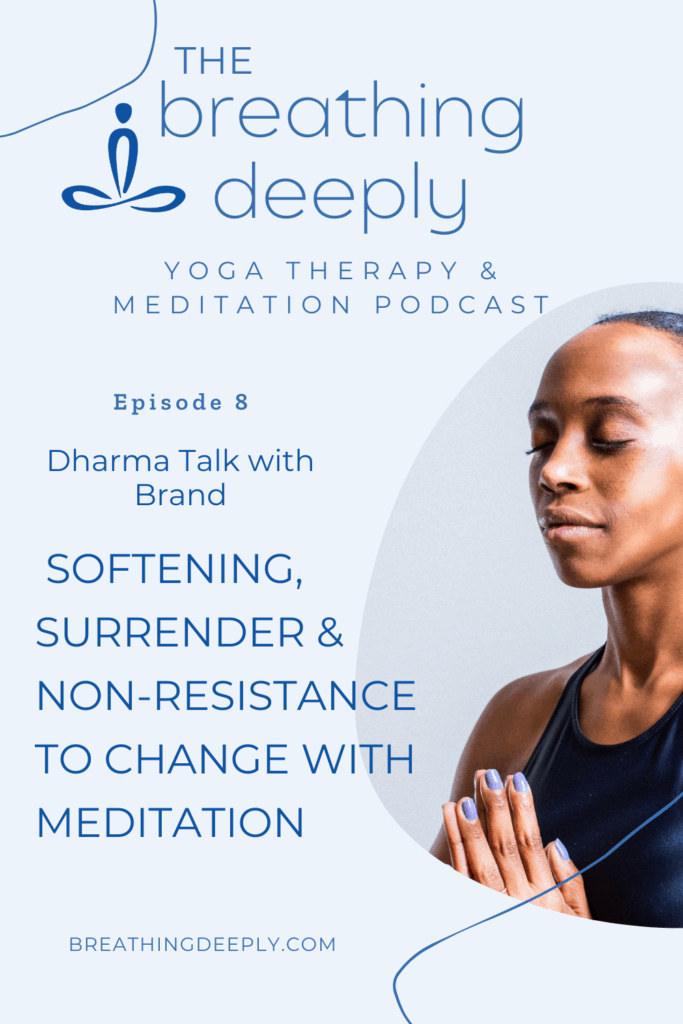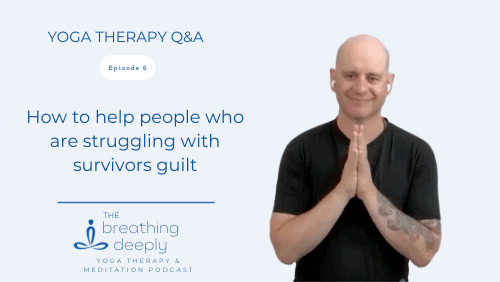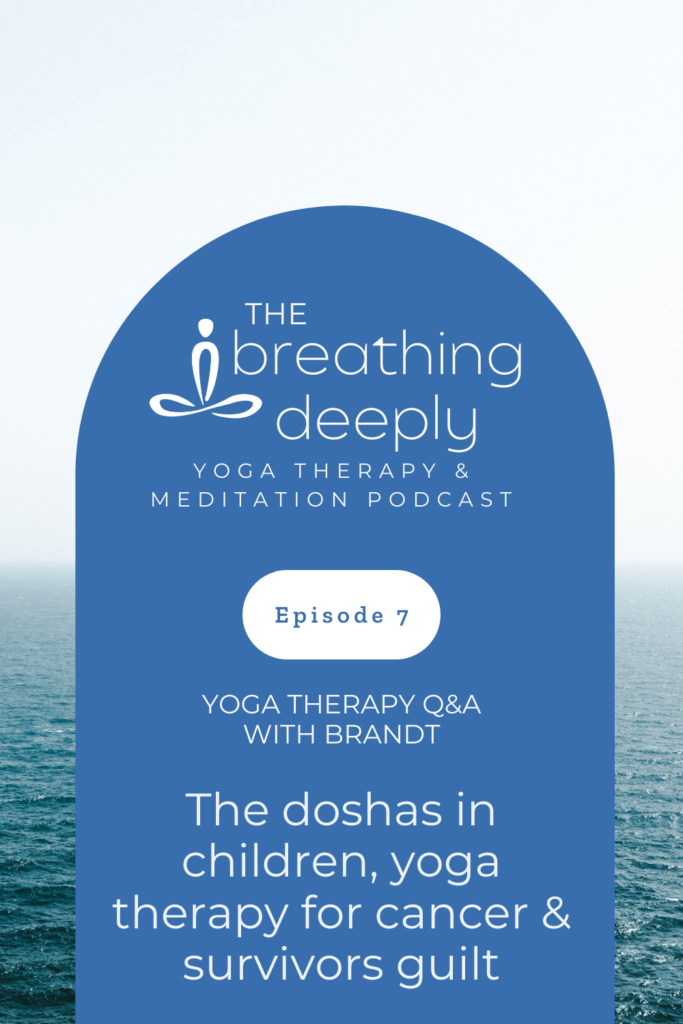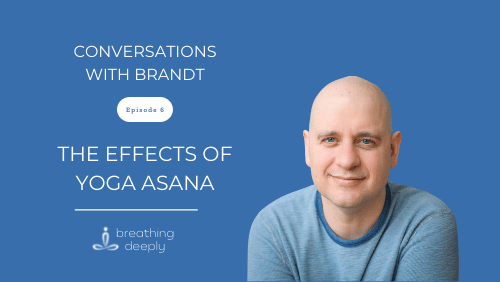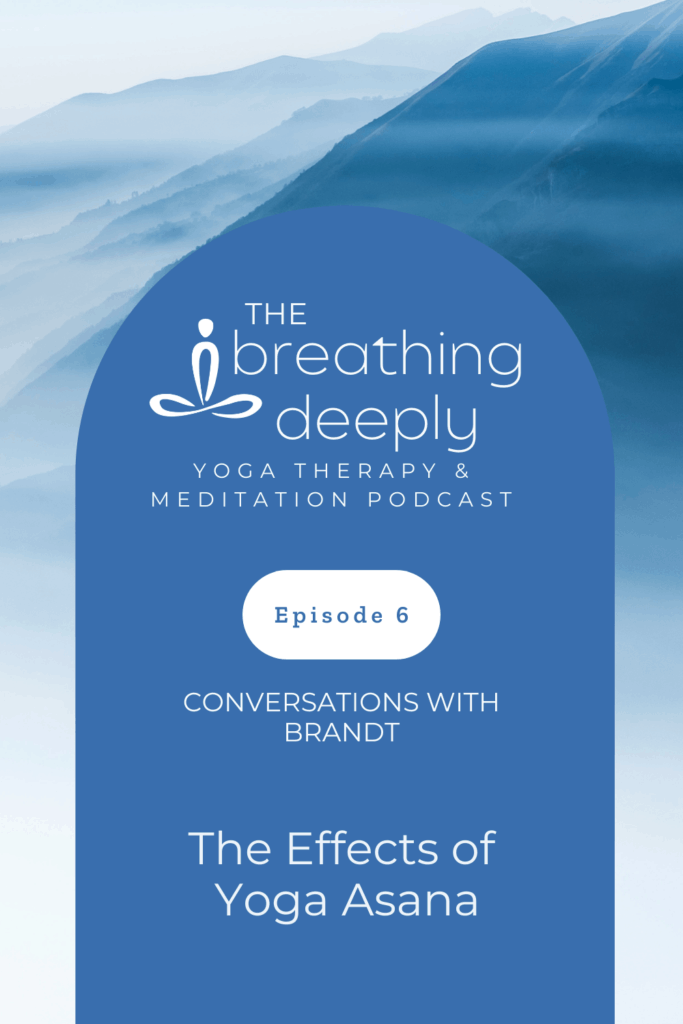The practice of Yoga Therapy is very broad in its scope and may be a useful part of treatment for many conditions including those of physical, mental, emotional and spiritual natures. Yoga Therapy takes into account the complexity of every human, knowing that conditions may have holistic causes and need holistic practices to address them.
Because of the systems taught to Breathing Deeply Therapists, the list of medical conditions that can be treated and known benefits of yoga therapy is long. The Yoga Therapist is often optimally part of a team of practitioners, but may be able to address certain issues as the primary practitioner depending on the condition and experience of the therapist. Included within the scope of the Yoga Therapy are issues related to both physical and mental health such as but not limited to:
- Back, hip or shoulder pain
- Other joint range of motion or chronic pain issues
- Multiple Sclerosis
- Weight loss & eating disorders
- Autoimmune diseases
- Anxiety
- Depression
- Personality Disorders
- Post Traumatic Stress Disorder (PTSD)
- Addiction
- Grief & Loss
- Trauma
- Fatigue
- Heart Disease & Cardiovascular System
- Support for cancer patients
- Other complicated syndromes with no clear western medicine or medical treatment plan
- General wellbeing, stress management, reduction and habit change
How can Yoga Therapy address so many different types of issues?
Breathing Deeply Yoga Therapists are trained early within the Foundations Program in two models to view any condition as individualized imbalances that may be treated with yogic practices including physical postures, breathing exercises or pranayama, meditation techniques, chanting, philosophy, ritual and more. Because these techniques affect a person on multiple levels, a wide range of conditions can be helped.
A Yoga Therapist perceives a client through a yoga therapy lens with knowledge of the western medical perspective on conditions. The BDYT Foundations Program also trains therapists to be skilled in listening, to be in relationship with a client, and encourage the process to be client led. This allows the therapist to hold space for the creative process of finding the techniques and practices that will be most beneficial and effective for that person. Breathing Deeply’s Advanced Program then takes the training in the two models and yogic techniques and goes in depth on how to apply them to specific issues.
Close mentoring by Founder Brandt Passalacqua guides students through applying all of their learning to particular individual clients. The Breathing Deeply model is not prescriptive. Each client is considered individually and their specific condition or combination of conditions, along with their personality and unique makeup. Every practice is designed especially for that person.
Can Yoga Therapy Sessions help clients with multiple conditions?
Because the Breathing Deeply Yoga Therapy system is comprehensive and flexible, multiple conditions can be addressed, often at the same time. Or, if not simultaneously, consideration is taken of the other conditions while the primary one is addressed. For example, someone with back pain and anxiety could be given yoga practices that take both of these conditions into account.
The flow of treatment might look like this: a client comes with a physical health condition like chronic low back pain. The therapist does an intake assessment with the client to evaluate what practices would be most beneficial. During the intake, it is noted that the client is also dealing with anxiety and would like help with that as well. While creating the individualized yoga practice plan, the therapist will take this into account and choose the variations and methods of practicing yoga postures and other relaxation techniques that may also help to calm the nervous system of that particular client. This is an example of utilizing the holistic physical assessment tools of yoga therapy and looking at a client through the doshic lense to determine the best methods for reducing that person’s anxiety. Breathing Deeply Therapists are always grounded in these two models when looking at any mental and physical health condition.
Helping Clients as A Yoga Therapist
As Yoga Therapists we are dedicated to lessening the suffering in the world around us. A well trained yoga therapist is in relationship with the client and is able to advise on and teach the most efficient and practical yoga techniques for that particular person. We hope that you will join us and become a certified yoga therapist to serve and support your community for improved health and well-being.
